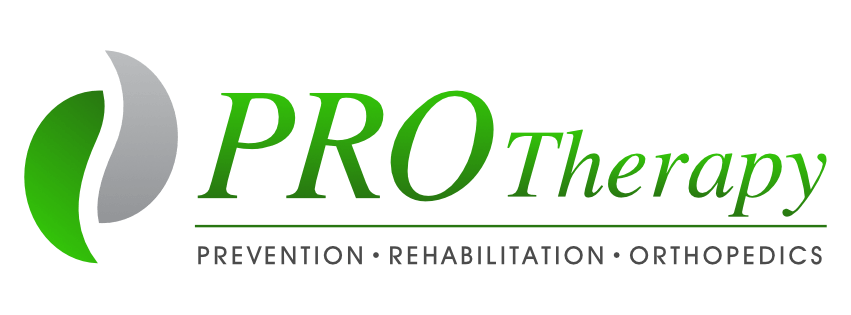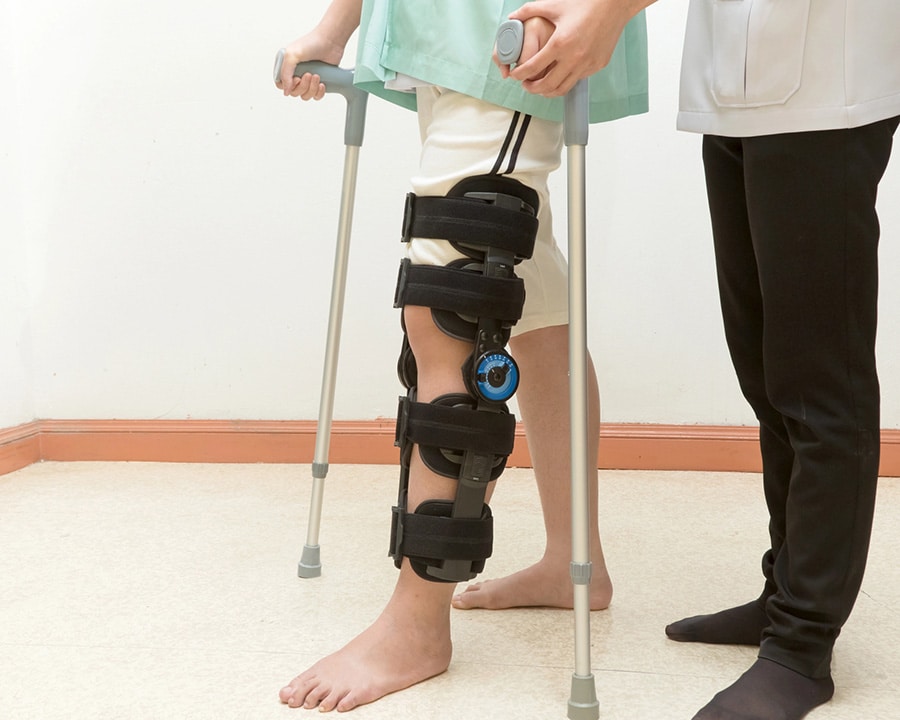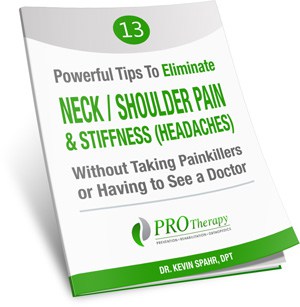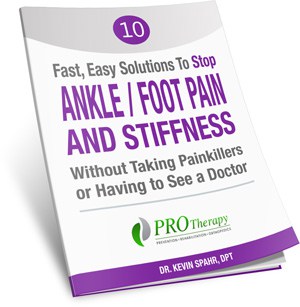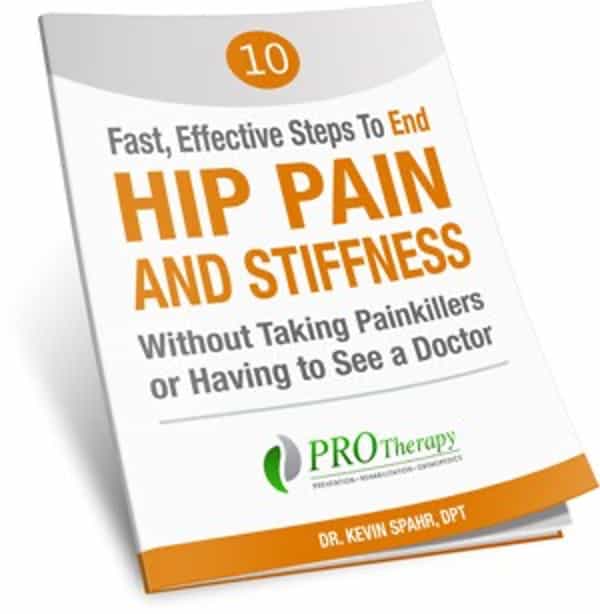Post-surgery rehabilitation is essential to your recovery after a car accident. MVA’s can be a traumatic experience, often leading to significant injuries that require surgical intervention. While surgery is a crucial step in the healing process, it’s just the beginning. Post-surgery rehabilitation plays a vital role in restoring your mobility, strength, and overall well-being.
The Importance of Post-Surgery Rehabilitation
Post-surgery rehabilitation is a comprehensive program designed to help you recover from your injury and regain your independence. Here are some of the key benefits of undergoing post-surgery rehabilitation:
Pain Reduction –Manual therapy, can help alleviate pain by reducing muscle tension, improving joint mobility, and promoting blood flow to the injured area. Additionally, modalities like heat therapy and cold therapy can help alleviate pain and inflammation.
Improved Range of Motion –A PRO Therapy physical therapist can design a customized exercise program to gradually increase your range of motion. This may involve stretching exercises, joint mobilizations, and specific movement patterns to improve flexibility and prevent stiffness.
Increased Strength –Progressive resistance exercises, such as weightlifting or resistance band exercises, can help rebuild muscle strength and improve functional abilities. Your physical therapist will gradually increase the intensity and resistance of these exercises to optimize your recovery.
Faster Healing –Early initiation of physical therapy can accelerate the healing process by reducing inflammation, improving circulation, and promoting tissue repair. Regular exercise can also stimulate the release of growth factors that aid in tissue regeneration.
Enhanced Functional Abilities –Functional training exercises, which mimic real-life activities, can help you regain your ability to perform daily tasks, such as walking, climbing stairs, and lifting objects. These exercises can also improve balance, coordination, and proprioception.
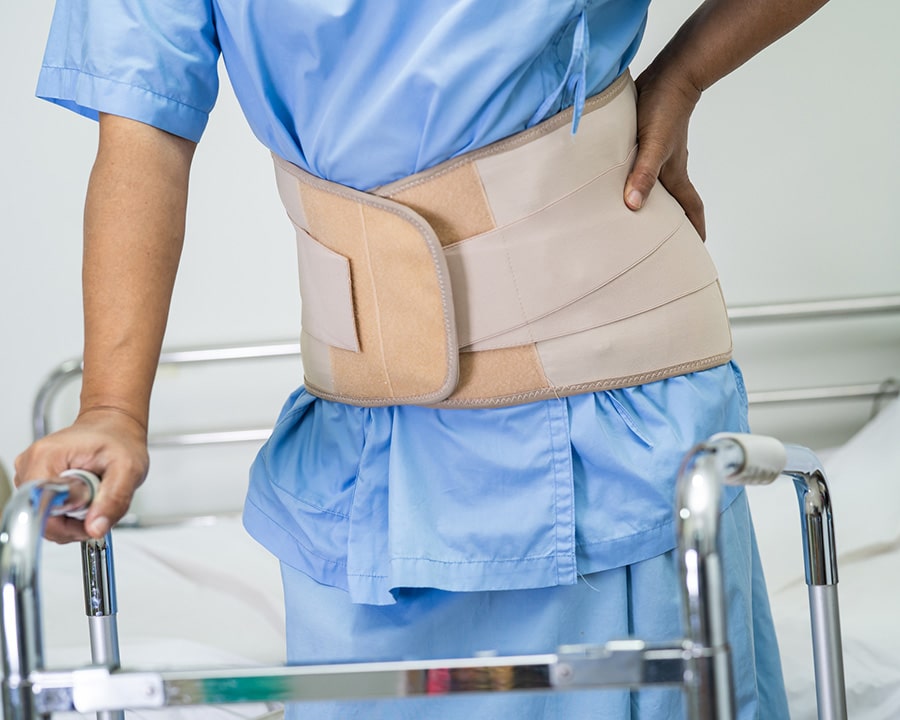 What to Expect During Post-Surgery Rehabilitation
What to Expect During Post-Surgery Rehabilitation
The specific components of your post-surgery rehabilitation program will depend on the nature of your injury and the surgical procedure performed. However, most programs typically include the following:
- Initial Evaluation: A physical therapist will assess your current condition and develop a personalized treatment plan.
- Pain Management Techniques: Your therapist may use various techniques, such as massage, heat therapy, or electrical stimulation, to manage pain.
- Therapeutic Exercises: These exercises are designed to improve your range of motion, strength, and flexibility.
- Functional Training: Your therapist will guide you through exercises that mimic real-life activities, helping you regain your independence.
- Modalities: The use of modalities, such as ultrasound or electrical stimulation, can help reduce inflammation and promote healing.
Tips for a Successful Rehabilitation
To maximize the benefits of your post-surgery rehabilitation, consider the following tips:
- Communicate with Your Therapist: Be open and honest about your pain levels, limitations, and concerns.
- Stay Consistent: Adhere to your home exercise program and attend all therapy sessions.
- Listen to Your Body: Don’t push yourself too hard. Take breaks when needed and avoid activities that cause pain.
- Be Patient: Recovery takes time. Be patient with yourself and celebrate your progress, no matter how small.
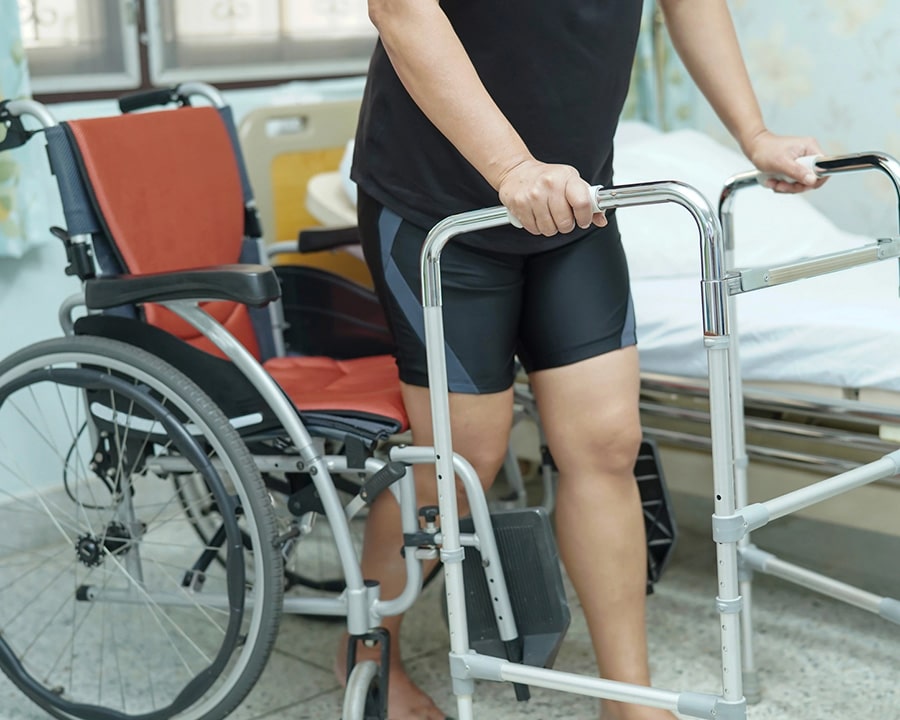
Post-surgery rehabilitation is an essential part of your recovery journey. By working closely with a PRO Therapy physical therapist and following your treatment plan, you can regain your strength, mobility, and confidence. Don’t hesitate to seek one of our professional physios help to ensure a successful recovery.
Book a discovery visit and we will be happy to give you pre-assessment based on your current pain problems.
- The Lady from Blaine and Her Persisted Hip Pain - February 10, 2026
- That Heavy Feeling: Pelvic Organ Prolapse and Finding Support in the Twin Cities - February 2, 2026
- Sports Therapy vs. Rehab: Which One Do You Need to Get Back in the Game? - January 23, 2026
